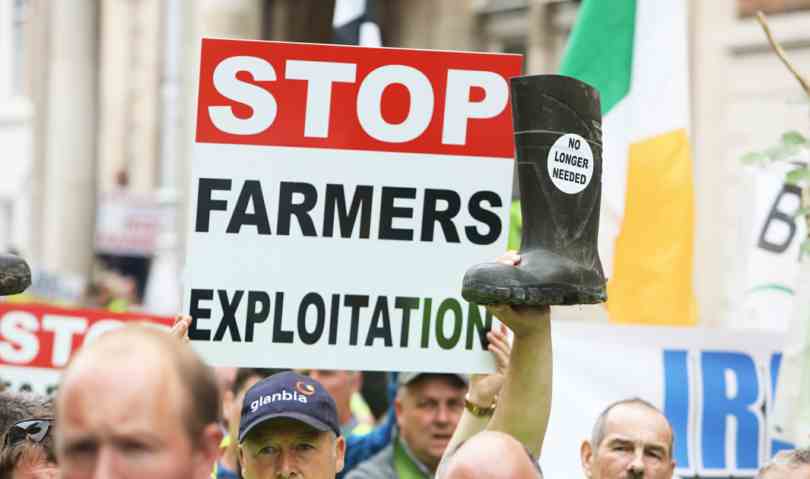With 18% of jobs in Kerry and 13% in Donegal dependent on tourism, an ambitious and coordinated plan from public and private stakeholders should be considered to prevent the industry from faltering, according to a report from EY.
The report predicts that rural Ireland will be harder hit by the fallout from Covid-19, that US visitor numbers are likely to stay very low after lockdown is eased, and that rural regions are less resilient, with fewer alternative sectors that can compensate for tourism job losses.
According to EY: "The development of tourism is at the heart of the Project Ireland 2040 aspiration to build a more sustainable and resilient economic model, less dependent on Dublin, with a higher focus on indigenous rather than multinational business.”
EY’s economics partner Simon MacAllister commented: “Between 2009 and 2019 there was a 56% rise in overseas trips to Ireland by non-residents, but we have seen a near overnight reversal of this as a result of Covid-19. Tourist behaviour will undoubtedly be impacted in the long-term by this pandemic, for geopolitical, economic and possibly psychological reasons.
“While intra-EU bookings can be made on a last minute basis, this approach is unlikely for American tourists, who represent over a quarter of overseas visitors to Ireland every year. The loss of this lucrative market is a concern, given their typically higher daily spend and length of stay versus tourists from other countries.”
Hotel Sector
David Martin, Head of Debt Advisory in EY, said that from a debt perspective, most lenders are working closely with their hotel clients in order to help them through the current crisis.
"Funding proposals that go to a lender should clearly demonstrate the impact of COVID-19 on revenue and the steps taken by the business to respond," said Martin. "The lenders need to see both short and medium-term cashflows that are based on grounded assumptions. Scenarios must reflect different levels of sensitivity and duration of closure. Your request regarding the proposed funding structure must be clear and demonstrate an ability to service the debt over time.”
The report recommends implementing a rapid and sustainable financial support package, tailored to the needs of each tourism sub-sector, alongside strategic operational supports. Firms within the sector will also need to adapt their business plans to respond to fast-evolving government restrictions and to target new, local markets.
These measures should be followed by a forward-looking plan, the report says. “This should aim to build resilience and to capitalise on opportunities in new travelling trends that may exist post-crisis such as a greater desire to take holidays in un-crowded, rural locations.”
The report does not address the implications for Ireland’s emission reduction targets of reviving tourism, nor does it explore the possibilities of substituting ‘green’ industry or even eco-tourism for mass tourism.










